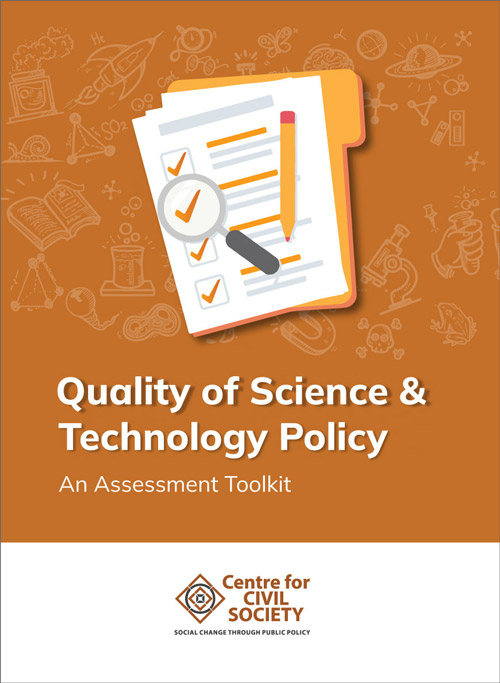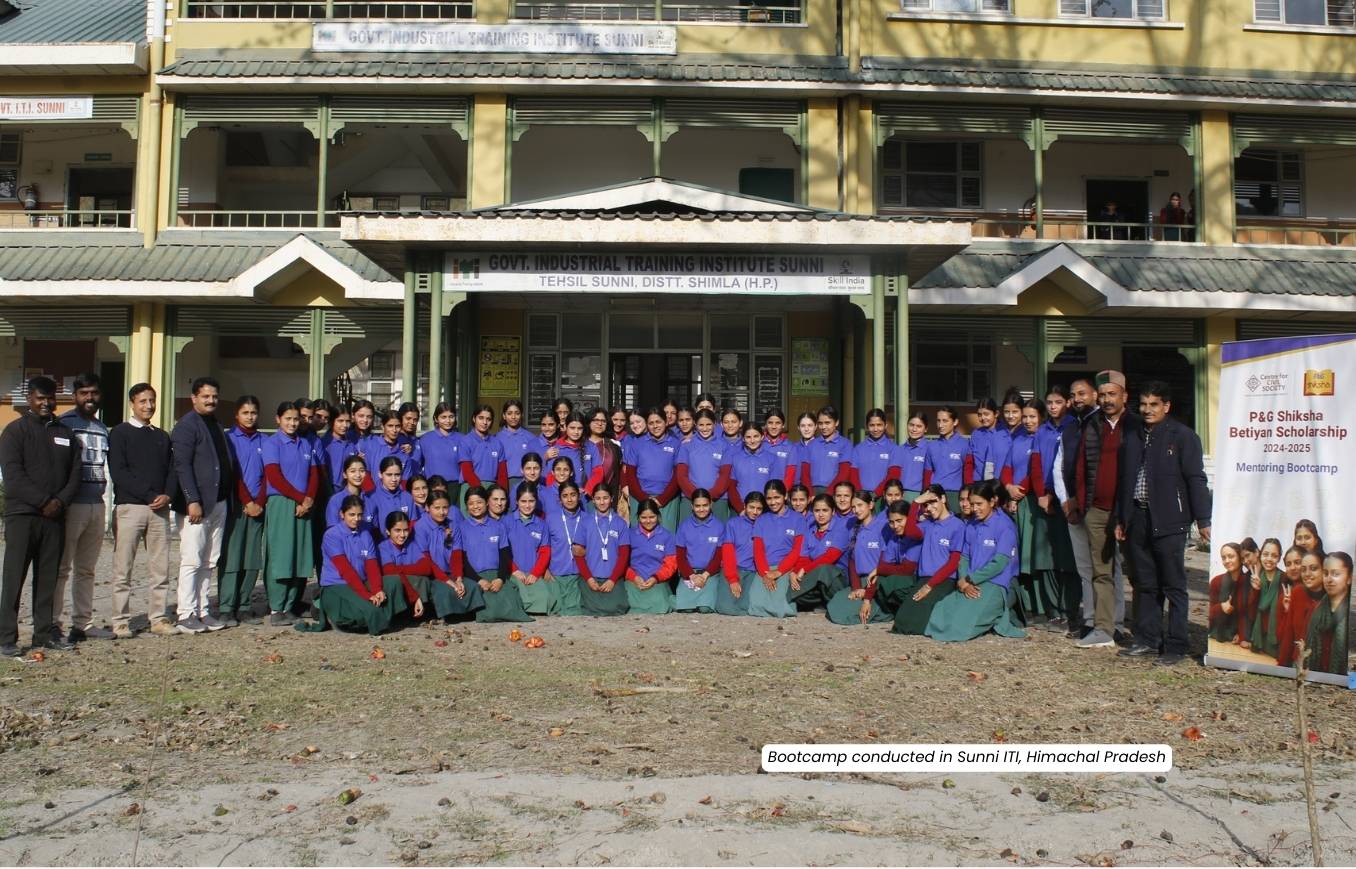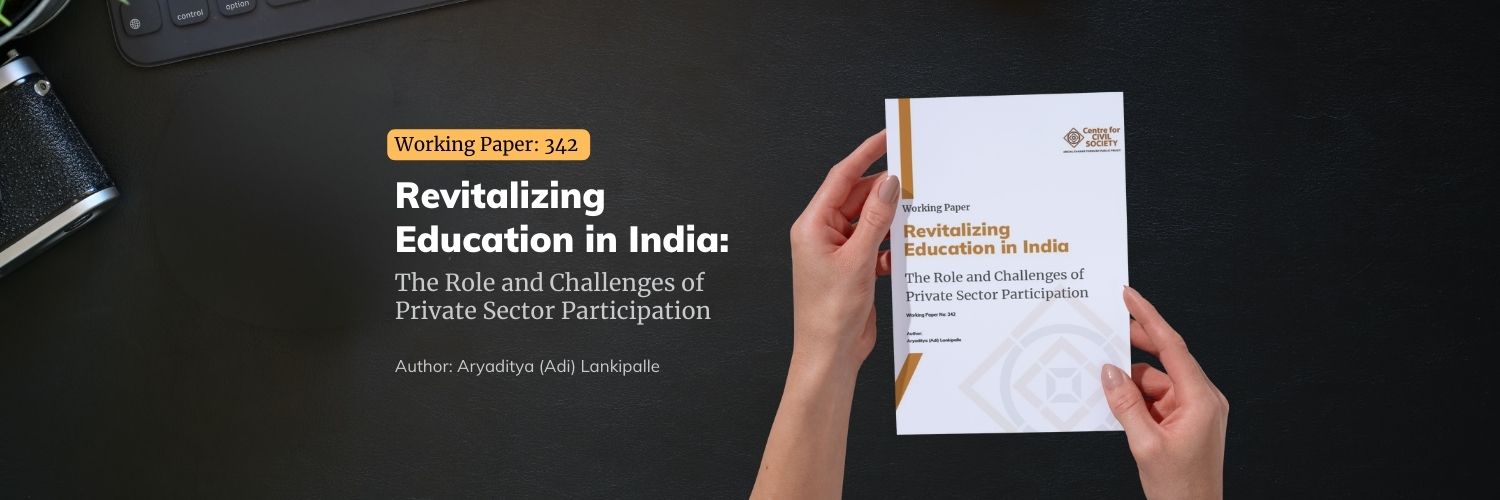Policies impact the socio-economic development of a country, determine the aspirations for its global competitiveness, and affect the social and economic future of members and entities of the society. While policies impact its stakeholders and the country’s overall potential course of action for a particular subject in question, a good policy is evidence-based, inclusive, receptive to the needs of its stakeholders, and is critical in defining a framework that shall be best utilised to serve its intended purpose. It is adaptable, realistic, unambiguous, transparent and facilitates accountability and space for a theory of change.
Science and Technology (S&T) policies of a country alter how individuals & entities of the science, technology, and innovation (STI) ecosystem interact with each other and determine how several resources are to be allocated to serve the best interest of the public. In the age of rapidly emerging technology solutions and S&T-based innovations, it becomes critical to proactively (re)shape public policies for the best socio-economic development outputs.
Evaluation and impact assessment plays a crucial role in bringing efficiency, assessing the relevance and maximising the effectiveness of public policies in a country. This toolkit takes into account several metrics that help identify characteristics of a sound S&T policy. Metrics like Collaboration, Resources & Research, Entrepreneurship & Innovation, and Environment & Sustainability establish the outcomes and effectiveness of this policy, whereas metrics like Transparency, Accountability & Administration help in assessing the clarity and impact of the policy.



